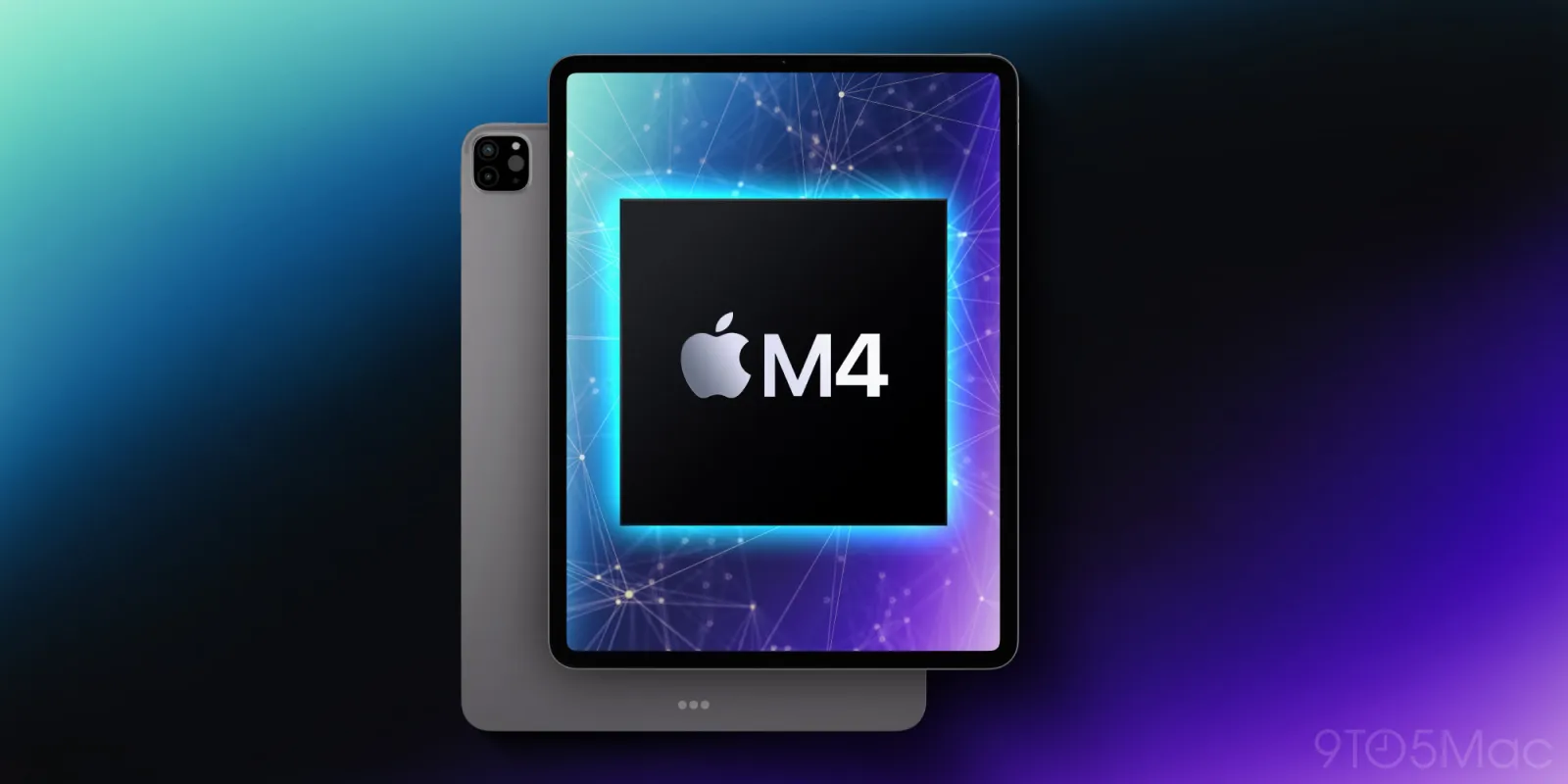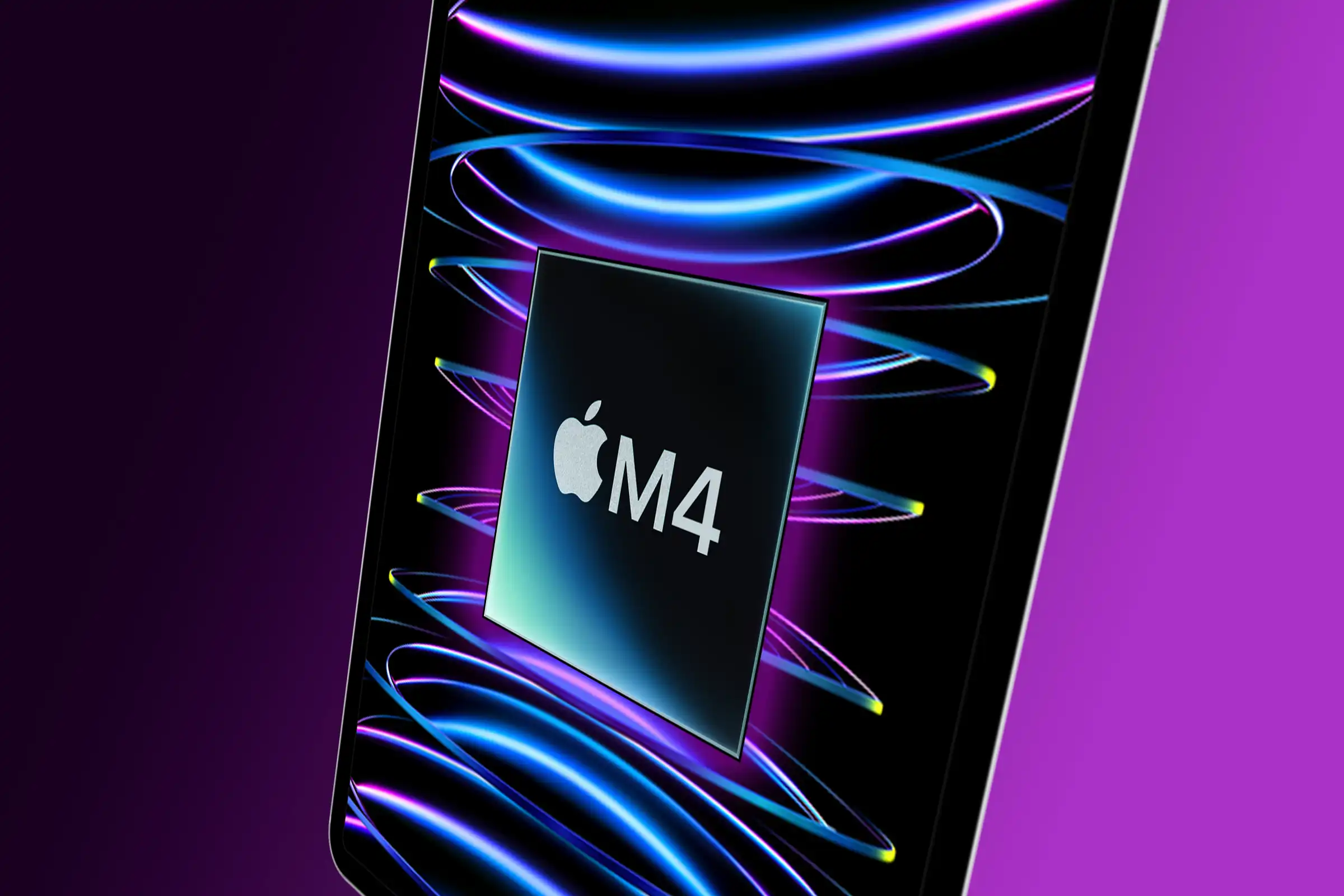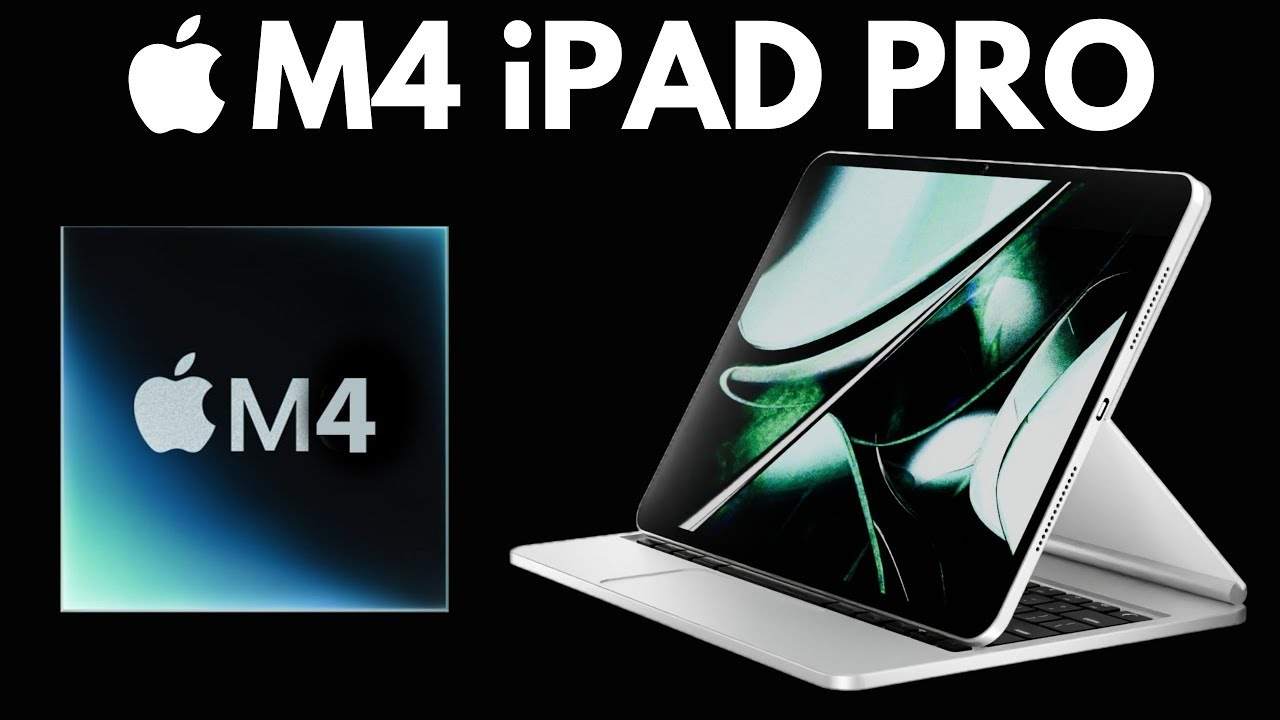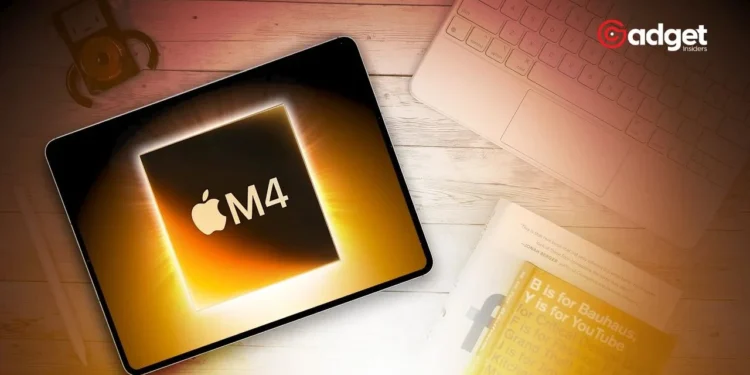In an industry where technological advancements are both rapid and relentless, Apple has consistently stayed at the forefront. Yet, recent developments suggest a strategic pivot that could redefine expectations. The company’s latest move involves a shift from the M3 to the M4 chip, heralding a new era for its devices, starting with the iPad Pro.

Apple’s M3 chip, though an impressive iteration in the tech giant’s lineage, was criticized for its relatively modest performance enhancements. Introduced as the first 3nm Mac chip, it boasted a 15 to 20 percent performance improvement over its predecessor, the M2, and emphasized a 30 percent CPU boost and a 60 percent Neural Engine improvement from the M1. Despite these gains, the M3 didn’t make the waves Apple hoped for, especially compared to the monumental success of the M1.
The transition to the M4 chip, however, is poised to be a game-changer. According to Bloomberg’s Mark Gurman, this new chip might debut not just in the upcoming Macs this fall but could surprise many by powering the new iPad Pro at the tech giant’s eagerly awaited “Let Loose” event. This decision could signify a major shift in the renowned company’s typical release cadence and strategy, underscoring a dynamic approach to staying competitive, particularly in the burgeoning field of artificial intelligence (AI).
The M4 OLED iPad Pro will be a killer upgrade.
– World’s best tablet display
– World’s most powerful tablet processor
– Redesigned Magic Keyboard
– Redesigned Apple Pencil
– On-device AI features
– Landscape selfie camera
– Thinner bezels
– Thinner chassis
– Lighter
– Improved… pic.twitter.com/L0drZ09np0— AppleLeaker (@LeakerApple) May 1, 2024
The Implications of a Swift Transition
This rapid progression from the M3 to the M4 is not merely about maintaining a competitive edge; it reflects the tech giant’s acute awareness of the AI revolution. The M4 is expected to enhance AI capabilities significantly, aligning with the industry’s push towards more sophisticated AI integration in consumer technology.

The potential introduction of the M4 chip in the iPad Pro before it hits the Mac lineup is particularly telling. It suggests that the renowned tech innovator is prioritizing versatility and performance in its most dynamic and accessible devices first, likely aiming to appeal to a broader market that includes both tech enthusiasts and professional users.
What This Means for Apple’s Legacy
The abrupt shift to the M4 and the possible phasing out of M3 updates for devices like the Mac mini, Mac Studio, and Mac Pro may create a stir among Apple enthusiasts and industry analysts alike. Some may view this as a missed opportunity to fully explore the M3’s potential, while others might see it as a savvy move to leapfrog ahead of competitors.

In either scenario, the implications for Mac sales and Apple’s market positioning are significant. Potential customers of the Mac mini, Mac Studio, and Mac Pro may face delays as these models skip a chip cycle. This strategy, while not new to Apple, could impact immediate sales but may pay off in the long run as consumers and professionals alike might opt to wait for the more advanced M4-powered models.
Conclusion: A Strategic Leap Forward
As Apple gears up to potentially unveil the M4-powered iPad Pro, the tech world watches with bated breath. This could be a pivotal moment not only for Apple but for the tech industry at large, as it navigates the complex terrains of innovation and consumer expectations.
Apple’s decision to advance its chip technology at such a swift pace is a clear indicator of its commitment to leading the charge in the AI era. Whether this move will fortify its legacy or push it into a new controversy remains to be seen. However, one thing is certain: Apple continues to play a significant role in shaping the future of technology.










